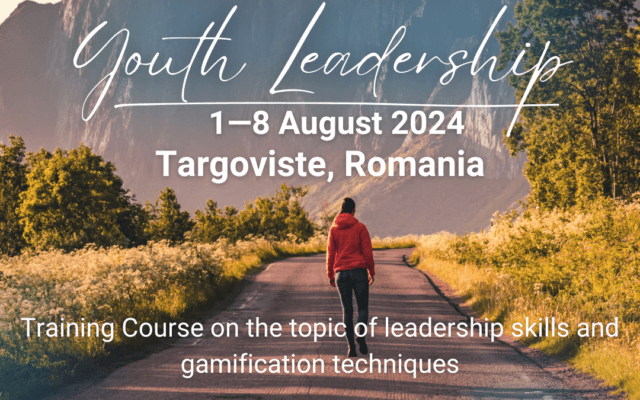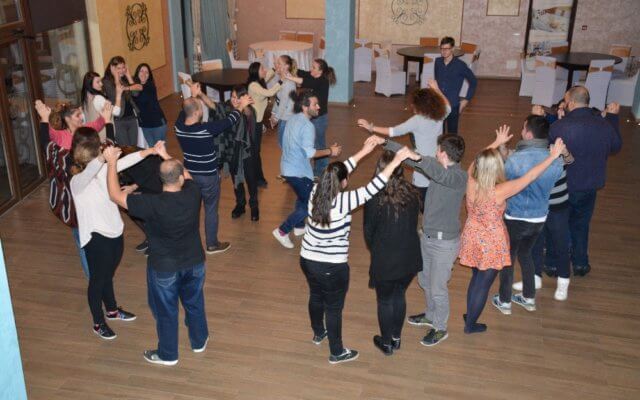ERASMUS+, Klíčová akce 1: tréninkový kurz
Místo konání: Woodstown, County Waterford, Irsko
Termín konání: 21.—27. duben 2024
Český tým: 2 účastníci (ve věku 18+)
Přečtete si info-pack.
Hostitelská organizace:Waterford and South Tipperary Community Youth Service
Report z projektu:
Tréninkový kurz s názvem Social Games, se konal 21. – 27.4. v Irsku a to konkrétně v malebné vesničce Woodstown poblíž krásného města Waterford.
Byli jsme ubytováni v domečku u písčité pláže s výhledem na moře. Pokoje byly čisté a cítila jsem se zde dobře. Kousek od ubytování byl palouček, na kterém jsme hrávali hry. Také jsme zde měli ohniště s posezením, kde jsme po večerech trávili čas.
Cíl tohoto kurzu byl přiučit se novým aktivitám a činnostem sociálních aktivit. Každý den jsme si povídali o tématech, která nám pomohou a rozvíjí naši práci s mládeží a současně jsme se tím poznávali sami sebe a i ostatní účastníky. Přiučila jsem se hodně nových her, které v praxi určitě využiji.
V půlce týdne jsme měli volné odpoledne, kdy jsme si společně udělali výlet k jezeru Coumshingaun, které je obklopeno nádhernou přírodou. Všude kolem nás volně pobíhaly ovečky s mláďaty. Největší otužilci si v jezeře dokonce zaplavali.
Počasí nám celý týden přálo, přes den bylo okolo 17 stupňů. Poslední dva dny lehce zapršelo.
Opravdu zde bylo skvělé stravování. Snídani a oběd jsme si připravovali ze surovin nakoupených organizátory. Bylo opravdu z čeho a každý si přišel na své. Večeři nám obstarávali organizátoři. Vzali nás i do místních restaurací, kde jsme ochutnali místní jídla – jako roastbeef a fish and chips. Měli jsme zařízený i program po večeři, kdy nám místní muzikanti představili typickou irskou hudbu.
Celý týden nám opravdu rychle utekl a osobně mi bylo líto, že už projekt končí. Myslím, že zážitky odsud jen tak nezapomenu a dlouho budu vzpomínat na tu krásnou přírodu a milé lidi, které jsem zde poznala. Také bych ráda vyzdvihla práci organizátorů a lektorů. Nejenže byli neskutečně milí a přátelští, ale také podporující, snažili se každému vyjít vstříc a respektovali individiualitu každého z nás.
Bára H.


